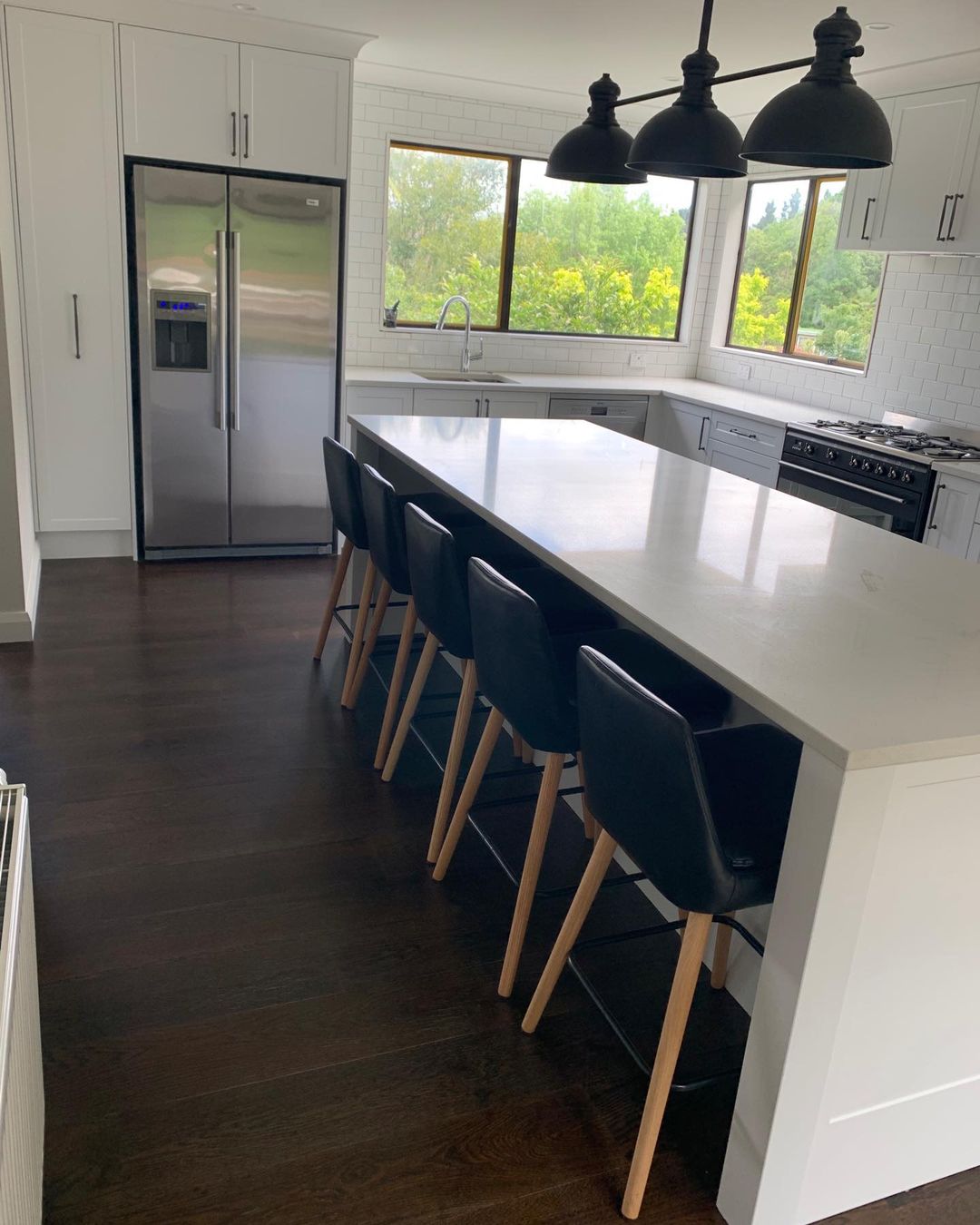Why Is My Wooden Floor Squeaking?
Everyone has experienced the annoyance of squeaky floors. You wince as you walk around late at night, trying not to wake everyone up. Perhaps the kids are having too much fun rocking back and forth on the noisiest part of the living room floor. A loud hardwood floor is an annoyance in any room of your home. Fortunately, you can resolve this issue. All squeaky floors are caused by movement. To resolve the problem, you must first determine what is causing your floor to move. This could be due to temperature fluctuations, an uneven subfloor, or joist problems, but most common two boards rub with a little movement. Once the source of the movement has been identified, you can stabilize your floor and eliminate the noise.
Seasonality
Engineered and solid hardwood floors are made from genuine, natural wood. This means that your floorboards will expand and contract as the season’s change. A little movement on your floors is completely normal. If your floors begin to squeak in the middle of winter, it simply means that the dry winter air and your home’s heater have caused your wood floor to contract. This contraction gives your floorboards more room to move, increasing the likelihood of your planks rubbing against each other or the fasteners that hold them in place. But also in the winter months, the flooring can take on moisture causing them to grow slightly and therefore causing them to touch and rub, Seasonal squeaks are common and often disappear when temperatures and humidity levels rise, causing your floor to expand. However, you can help avoid the problem by maintaining a stable humidity level of 40 to 60 per cent in your home, particularly in any rooms with hardwood flooring.
Joist Issues
Joists are the structural elements that support your floor and subfloor. These horizontal bars contribute to the structure of your floor. The joists stabilize your subfloor and prevent movement in a properly functioning room. This means that any joist problems will almost certainly result in loose flooring that makes unwanted noise. Loose or warped joists, as well as gaps between your joists and your subfloor, are examples of joist problems. If you suspect that joists cause squeaky floors, you will need access to the basement or room beneath the flooring to confirm. This will allow you to inspect the joists that support your floor and identify any problems.
Subfloor Issues
Sometimes the problem isn’t with your top floor or joists but the subfloor itself. Uneven subfloors are one of the most common causes of a squeaky floor. When your subfloor isn’t level, there’s a gap between it and the top floor. This space allows the top floor to move, which causes noise. There could also be a misalignment or void between your subfloor and the joists. Your subfloor’s quality can also cause problems. If your subfloor is old or has water damage, it will be unable to hold nails and other fasteners. This results in a sagging subfloor or top floor, both of which can cause squeaks and creaks.
Contact the team here at 4 Star Flooring today if you need help fixing your annoying squeaks on your floor. We’ll be happy to help.




